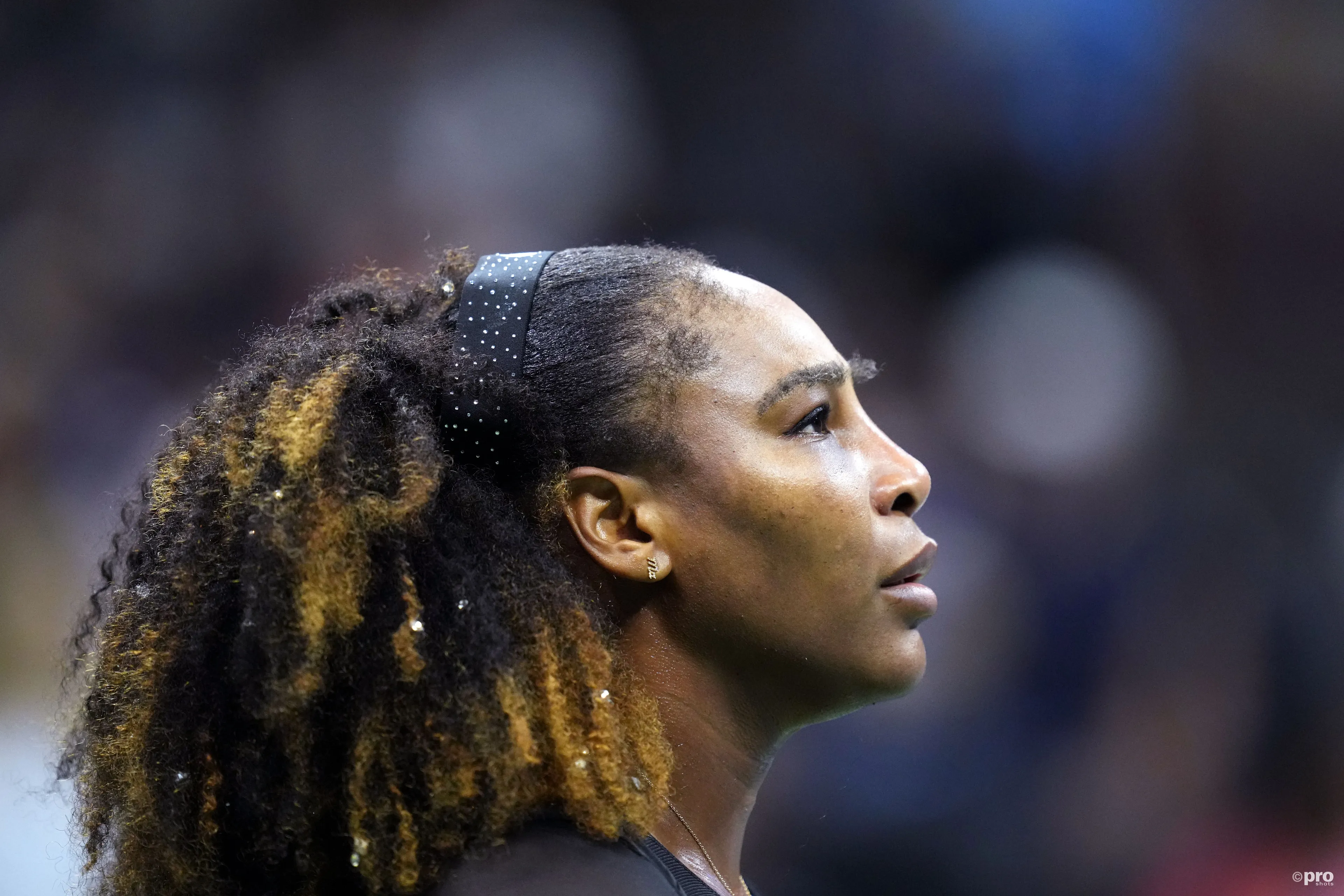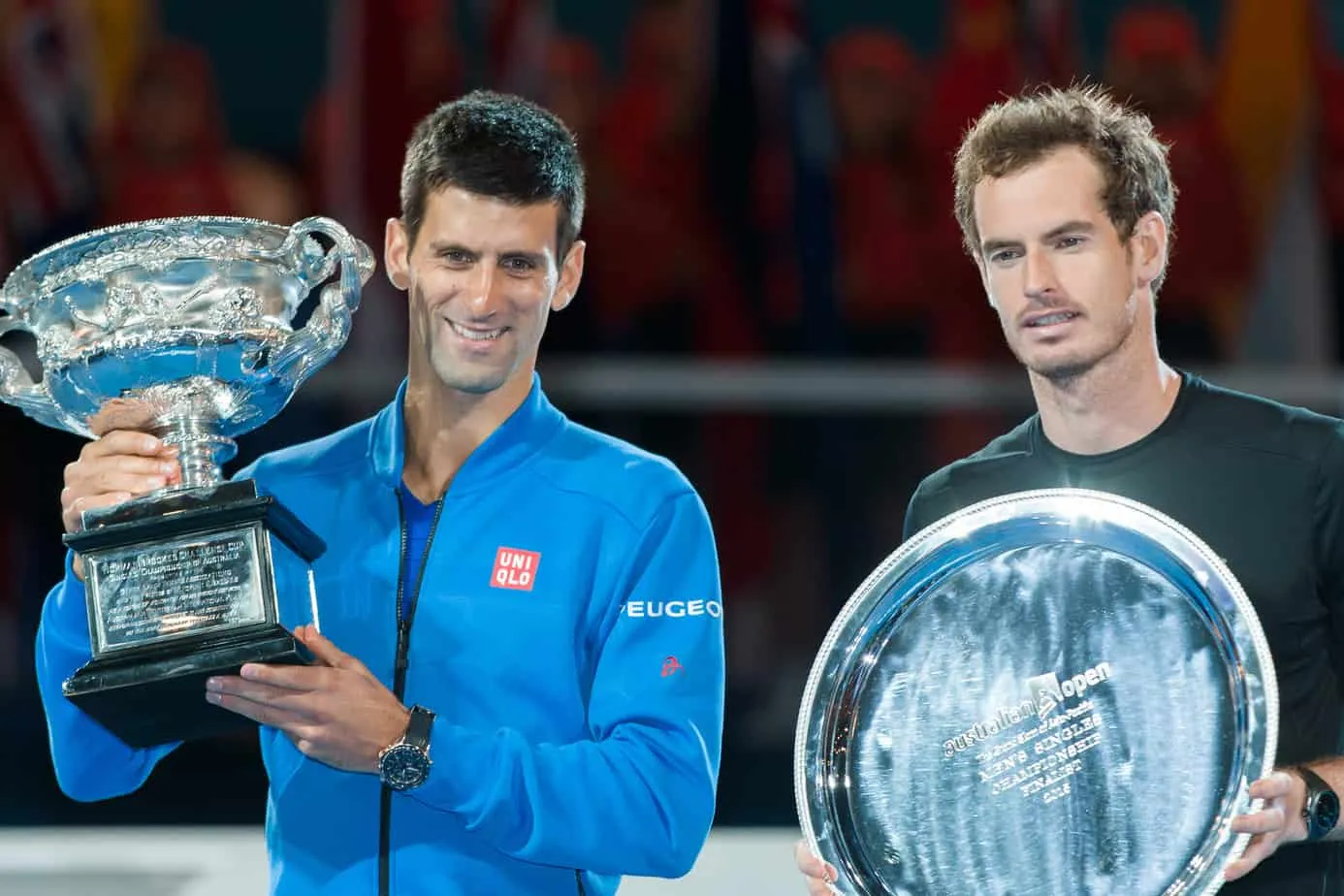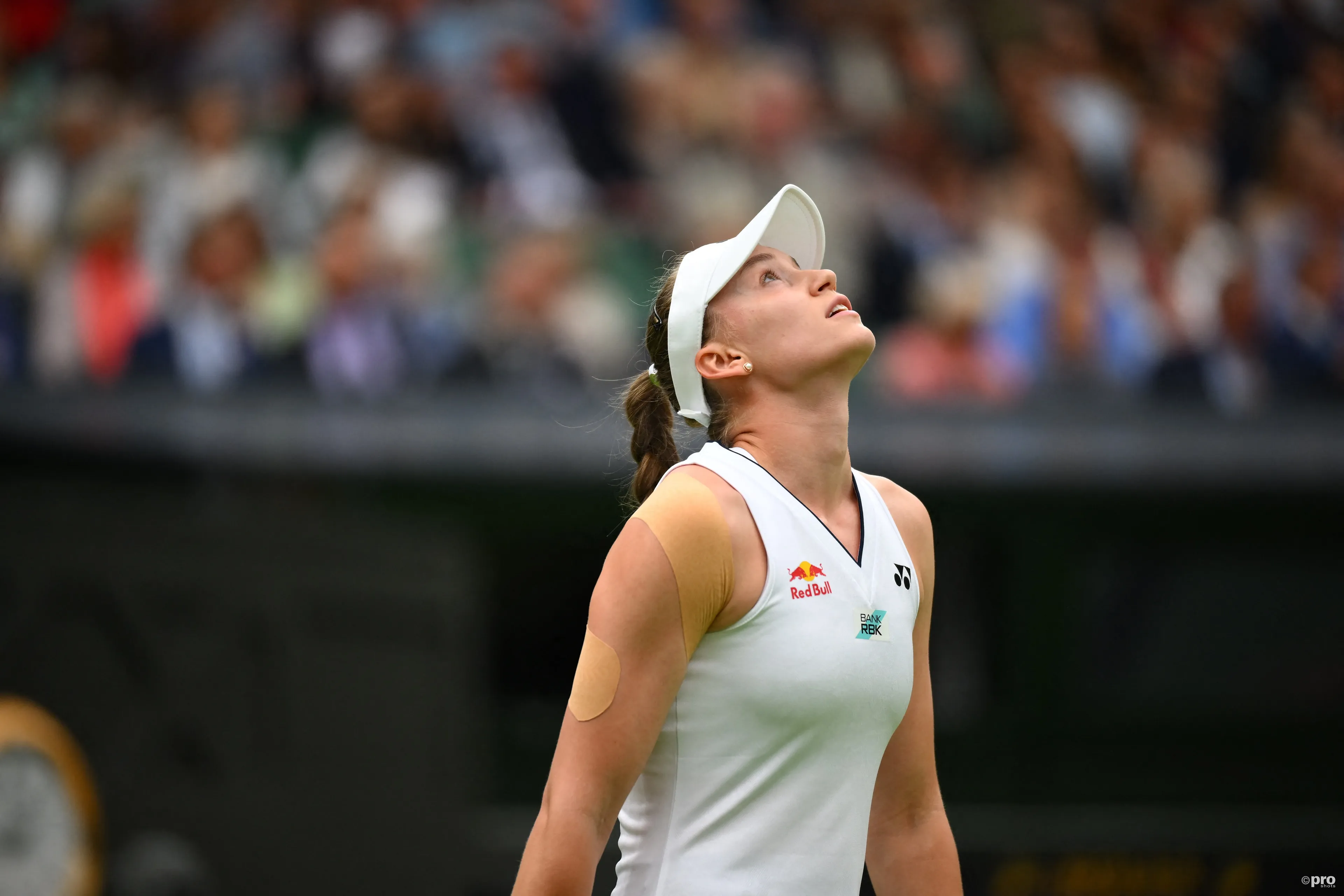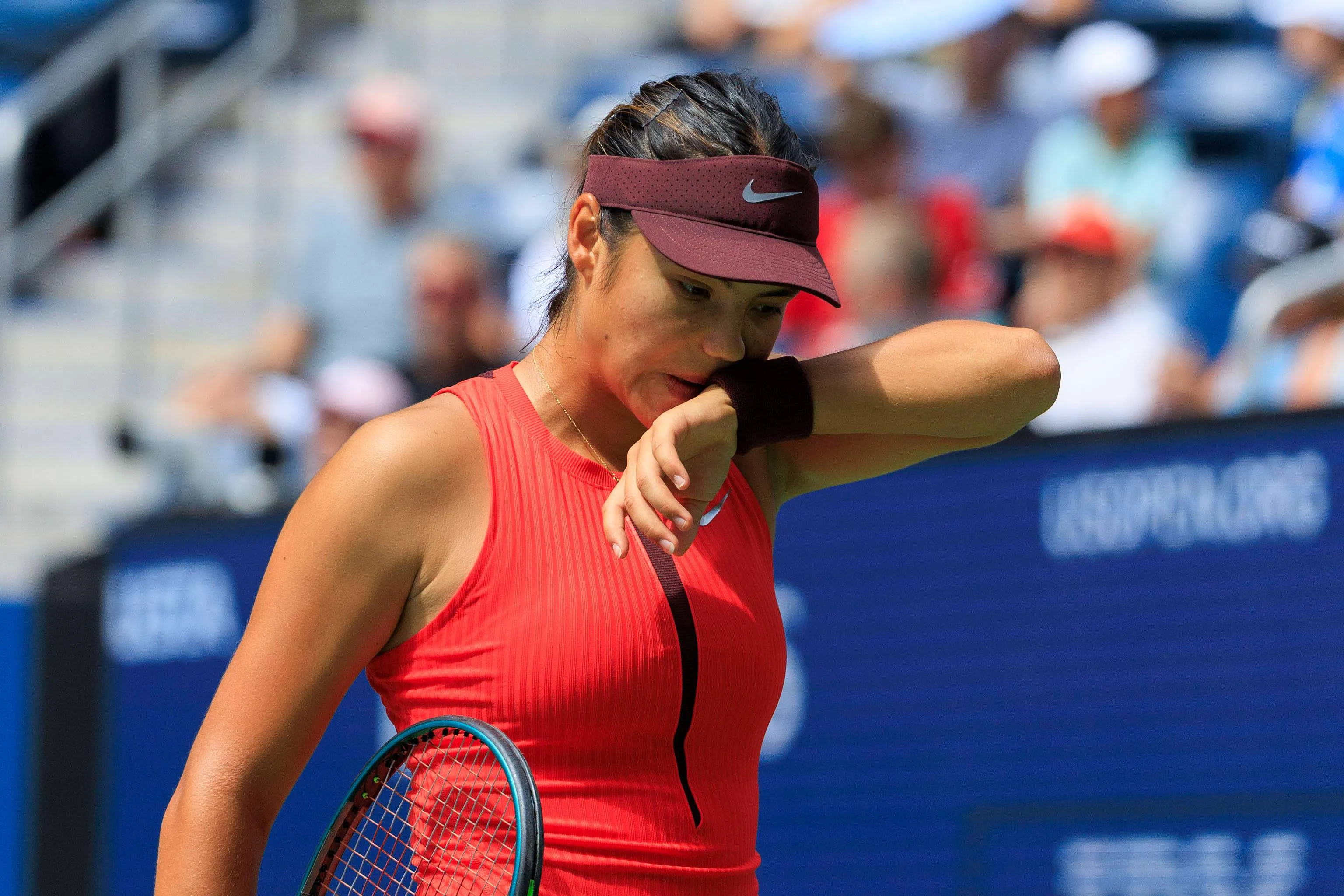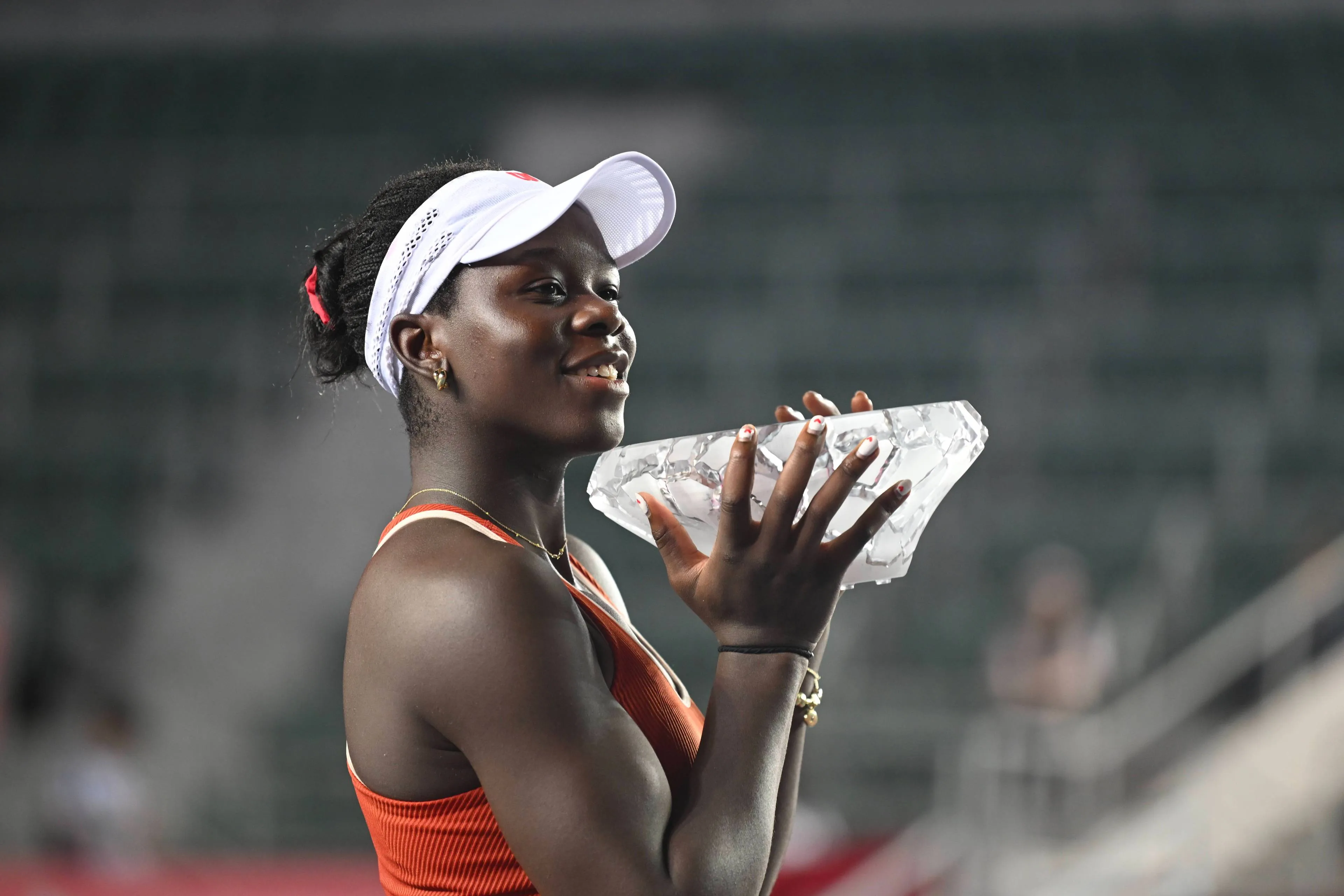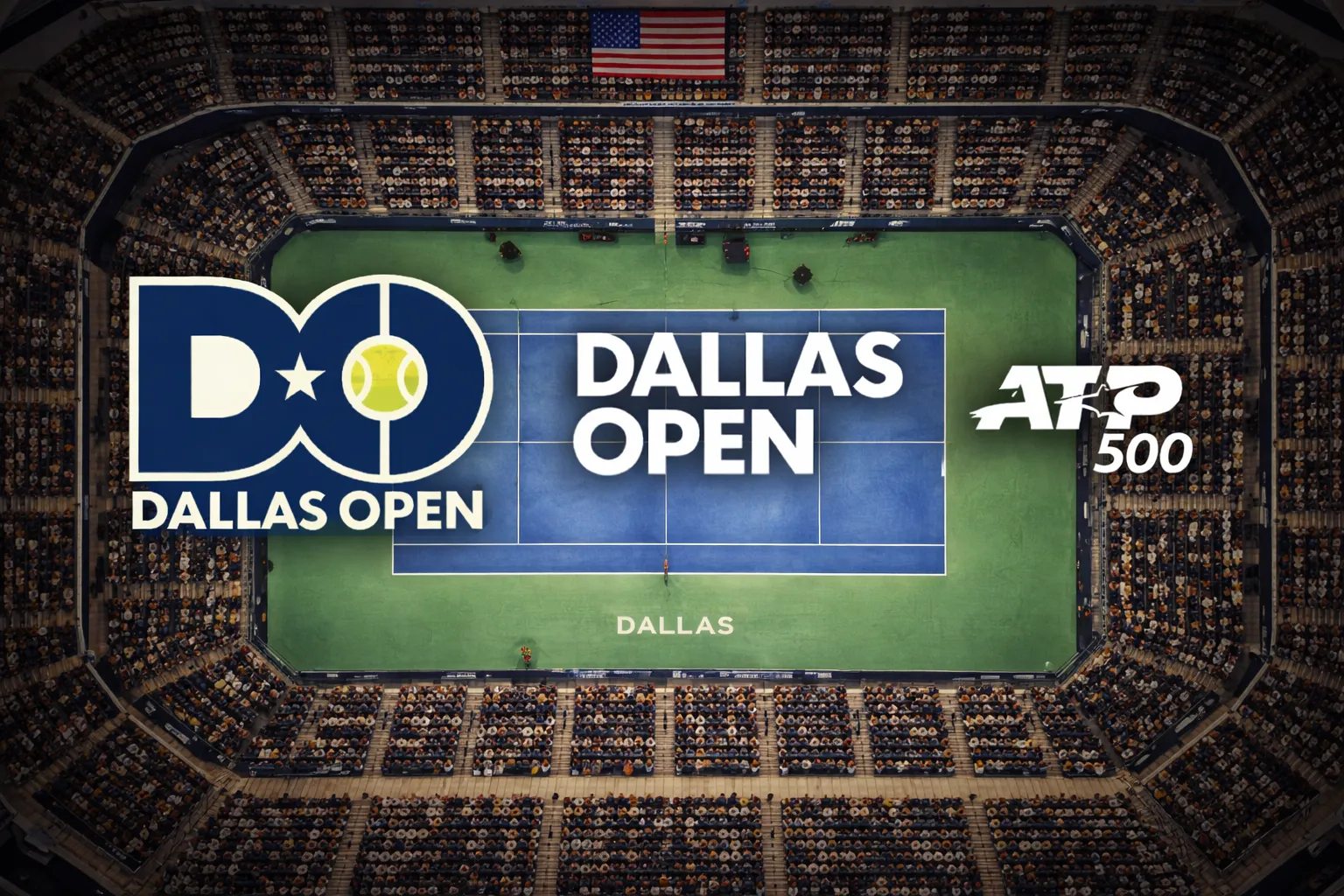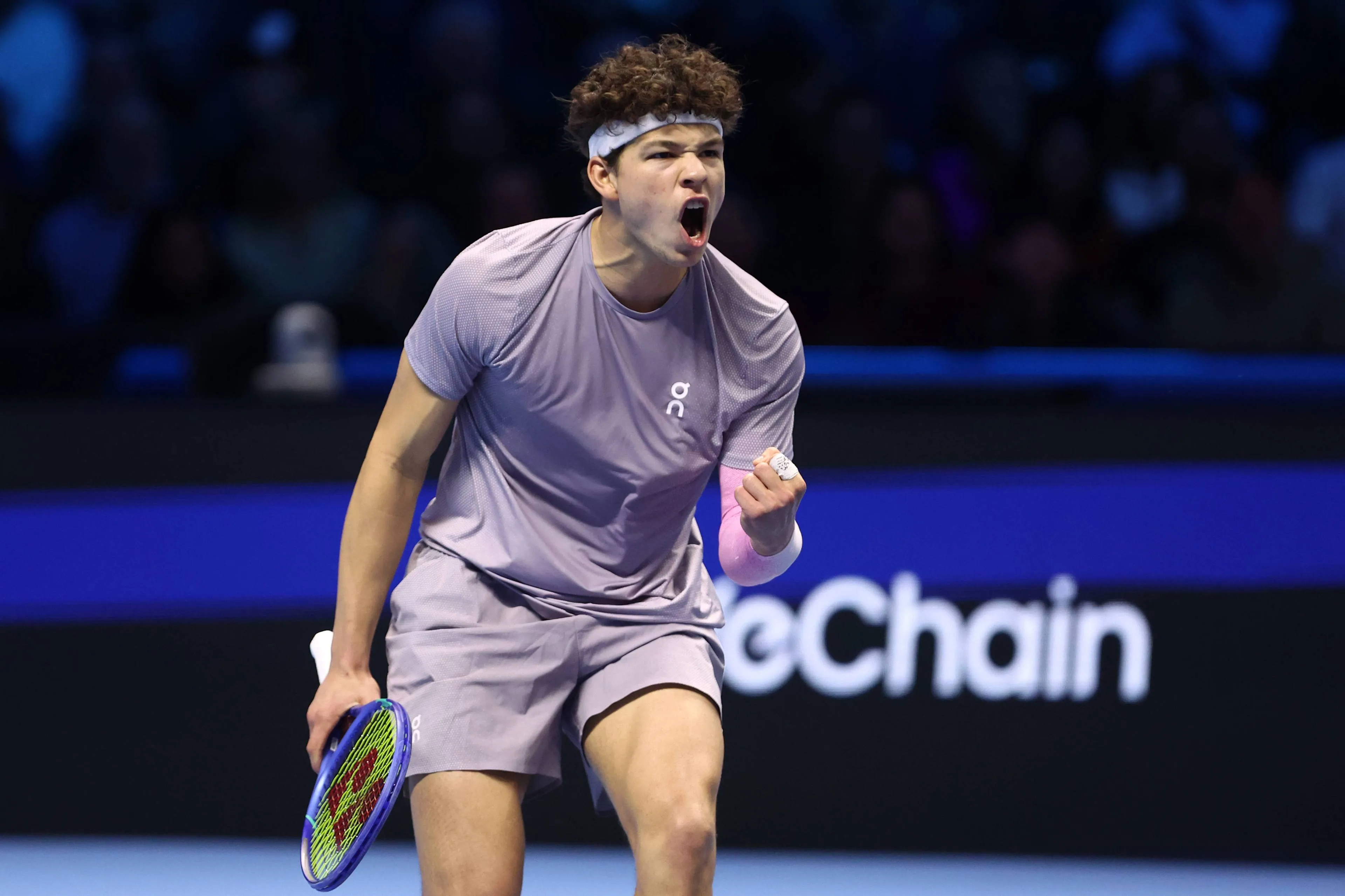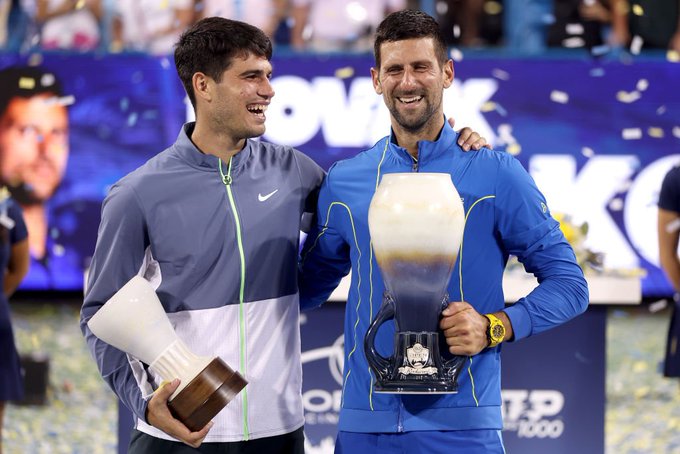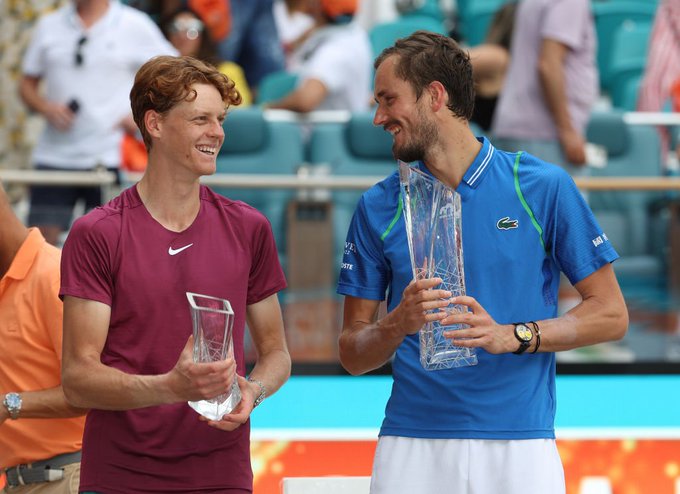Is this accurate? Different ranking system sees Djokovic lead Alcaraz on Hard Courts
Tennis NewsSunday, 01 October 2023 at 06:30
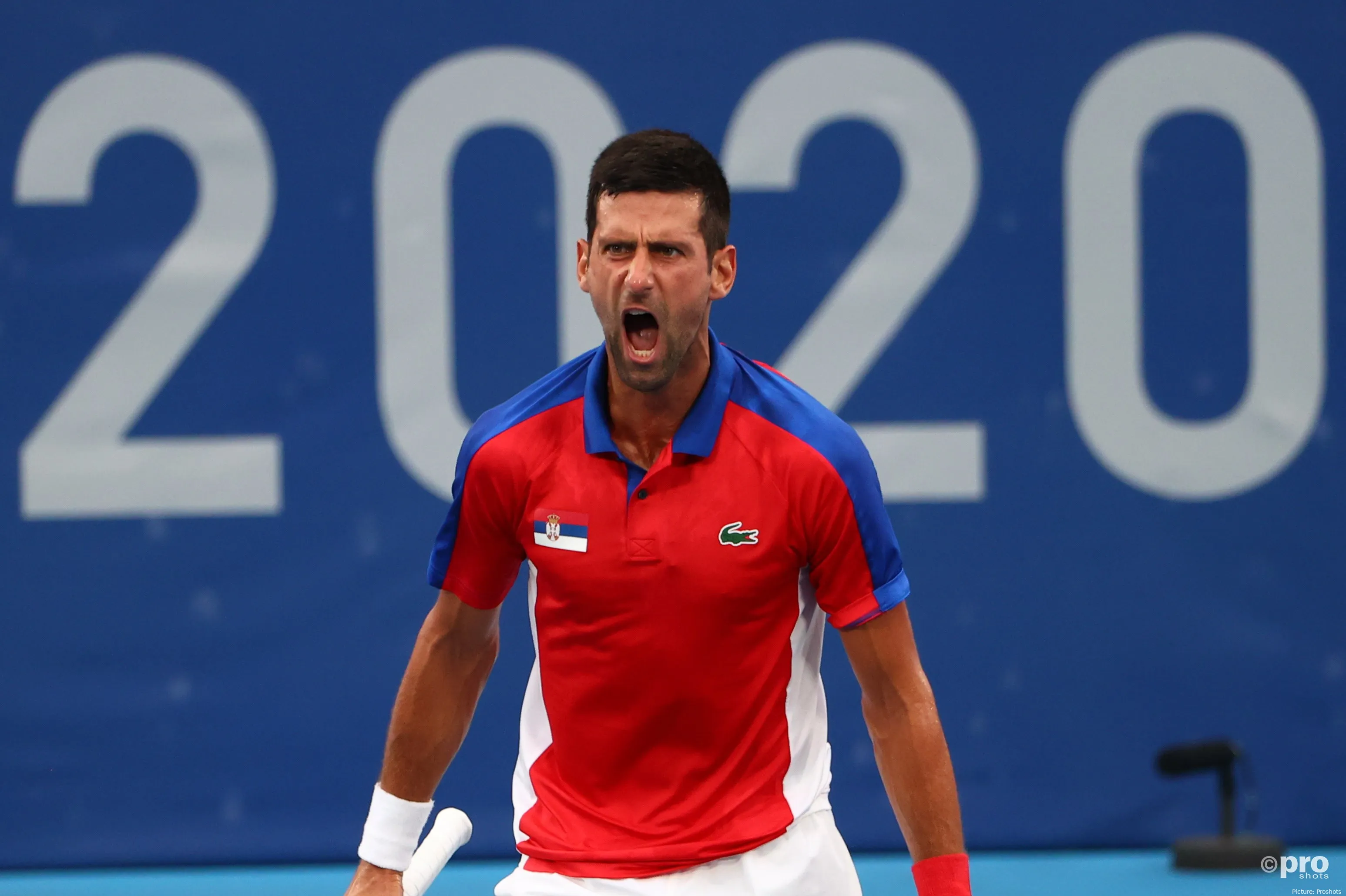
The unofficial
ELO ranking system places Novak Djokovic as the best player on hard surfaces
for the year, ahead of Carlos Alcaraz, and shows variations in the top-10.
The ATP
Ranking has often been criticized for not being truly accurate in assessing the
top players. Despite efforts to improve it, the system considers results in
tournaments over the past 52 weeks and is often subject to criticism.
Read also
The ELO
ranking system appears as an alternative that uses new variables to determine
the list of the strongest players in the last year, and it often results in
several changes compared to the top-10 in the ATP Ranking. However, in many
cases, the titles and victories still align with the ranking.
If we look
at the titles, Djokovic and Medvedev both have 4 titles on hard courts this
year, but Djokovic can celebrate winning both the Australian Open and the US
Open on this surface. Then, Sinner and Fritz also have two titles on hard
courts this year.
The rest of
the players on the list have all won at least one title on hard courts this
year, with the exception of Andrey Rublev, who has not achieved this feat but
still holds the 6th place in the rankings.
Read also
However,
it's important to note that the ELO ranking system does not solely consider
titles or the quantity of wins but also factors in the quality of opponents
faced to generate a score.
“The
principle behind any Elo system is that each player’s rating is an estimate of
their strength, and each match (or tournament) allows us to update that
estimate. If a player wins, her rating goes up; if she loses, it goes down.”
The Elo ranking system, for example, removes Holger Rune, who is the world No. 4, from the top 10 for hard courts and includes Hubert Hurkacz, currently ranked 17th in the world.
| Player | ELO Ranking | ATP Ranking |
| Novak Djokovic | 1 | 1 |
| Carlos Alcaraz | 2 | 2 |
| Daniil Medvedev | 3 | 3 |
| Jannik Sinner | 4 | 7 |
| Taylor Fritz | 5 | 8 |
| Andrey Rublev | 6 | 6 |
| Alexander Zverev | 7 | 10 |
| Alex De Minaur | 8 | 12 |
| Stefanos Tsitsipas | 9 | 4 |
| Hubert Hurckacz | 10 | 17 |
One of the
qualities of the Elo system is that the rating increases or decreases based on
the opponent against whom the match is played. For example, the system
considers that defeating Carlos Alcaraz (2nd) will have a greater impact on the
player's position than defeating Zverev (7th), and an even greater impact than
defeating Hurkacz (10th).
Conversely,
losing to Djokovic will have a relatively minor effect on the player's rating,
as Djokovic is considered the strongest player according to the system. The
impact on the rating increases progressively as the opponent's rating
decreases.
This applies
to the ATP Tour and especially Grand Slam tournaments, where some players
manage to advance to later rounds by facing lower-ranked opponents than their
peers.
Read also
For
instance, in this year's Wimbledon, Sinner reached the semifinals without
facing any player in the top 75, whereas in the same tournament, he defeated
two top-20 players. This situation is similar to Alcaraz, who also defeated two
players ranked within the top 25.
“There were
50 singles matches at the Davis Cup finals, and Elo picked the winner in 36 of
them, for an accuracy rating of 72%. The ATP rankings picked the winner (in the
sense that the higher-ranked player won the match) in 30 of them, for an
accuracy rating of 60%,” (about 2019 Davis Cup).
claps 0visitors 0
Just In
Popular News
Latest Comments
- Dubai can suck it up like everyone else. Just because they think they run the show, they do not. Sportswashing does not give them Power.
- You're losing your mind here.. You use a lot of space, yet inadequate knowledge. Read the WTA Rule Book 2026; it answers all your questions and accusations.
- Why single out Iga and Aryna to punish?, Since when do players get punish because they withdraw from tournaments? Maybe if they both were treated like number one and two players, they would not have this problem. The WTA discriminates against them because of their nationalities, yet they want to make money off them. Every tournament, Iga has harder draws than qualifiers from the beginning to the end. In the Australian Open they stuck Aryna out in the sun the majority of her matches in order to tire her out. She is the number one player in the world and she never got the opportunity to play with the roof closed. If they want these top players to continue playing and making money for them, then they should treat them as such. Otherwise, get the players who they are always giving out cupcake draws to like Pegula to play their tournaments. Lets see how many seats in the audience she will fill. Iga has more fans in the seats than any player in the WTA, yet she is always disrespected and mistreated because of her nationality. The WTA is a corrupt, bias and racist organization. No matter what job someone is on, you cannot tell them that they are not sick or injured.
- LOL. Billie Jean King hates being a woman.
- Pulling out a tournament is not illegal. Therefore, that is no problem. Maybe they need more rest.
- It is simple. If you do not want cameras following you, get away from tennis and go find another job. Cameras and interviews are a part of the job. They do not mind cameras when they are winning. If the women tennis players would put the same amount energy to playing tennis as they do with complaints, women tennis would be exciting to watch.
- Yeah, that's what I would do... be nice and lose a match
- Turns out Swiatek is as big a cheater as Draper (remember vs FAA?)when she didn’t admit to hitting a double bounce drop shot. The blind chair ump didn't even see it on the replay but fortunately got the correct call from someone on the phone (supervisor?) we all saw it…..it wasn’t even a close call. Great win Sakkari !!
- The women could barely play the best 2 out of 3 sets. Yet, they are always complaining about equal prize money. Equal pay means Equal work.
- What a dump!!
Loading
